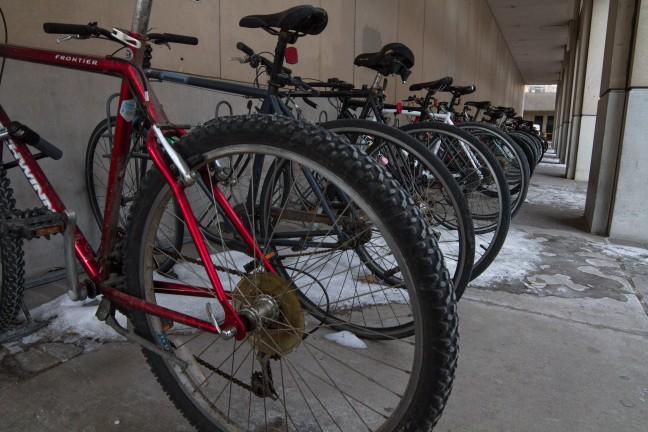In November 2021, Congress passed Biden’s Bipartisan Infrastructure Deal. This legislation is the largest investment in transportation since the advent of country-wide roads and highways.
Most of the deal’s allocated money will go toward fixing roads and maintaining bridges, but a significant amount of money is also being spent on creating a national network of charging stations and infrastructure for electric vehicles.
According to the U.S. Census, 91% of American households own a car. Transitioning the country from traditional cars that run on fossil fuels to electric cars will do a lot to help cut down on carbon emissions. Investing in greener transportation is particularly important in the race to save the climate, as it makes up 27% of greenhouse gases generated by the country. This is the most of all other economic sectors in the U.S.
It is also important to take into account that electric power comes in close second to transportation, accounting for a quarter of the U.S.’s greenhouse gas emissions. If the country is to invest in green transportation, it must focus on green power, too. A worthwhile difference can only be made if both sectors see change.
Wisconsin’s progressive tax must remain amid calls to transition to flat tax rate
Recently, local Wisconsin leaders have called on the Biden Administration to develop and enforce another round of federal clean car standards for even greener transportation. This includes Madison Mayor Satya Rhodes-Conway (D), who graduated with a master’s in ecology from the University of California Irvine, and State Sen. Melissa Agard (D-District 16), who graduated from the University of Wisconsin with a bachelor’s degree in psychology.
Both politicians expressed support for stricter production and design standards for electric vehicles from the EPA and emphasized the goals and promises made by the Biden Administration for zero-pollution vehicles.
On the surface, America’s transition toward greener transportation can only be seen as positive momentum. But, this progress toward sustainability is limited by Americans’ obsession with cars. Yes, electric cars running on green energy are better than traditional engines running on gasoline — but in reality, the best transportation solution for our environment is not using cars at all.
Cars are harmful to the environment in a multitude of ways. Not only do they pollute the atmosphere by burning fossil fuels, but they also take up so much space. Streets take up 80% of public space in cities, leaving only 20% for public parks and public community space. Parking lots make up the largest land use in cities throughout America, and they take up 5% of all American land. In Seattle, one of the worst cases, parking lots account for 40% of the city.
Cars also require a lot of energy and resources to produce. It takes about 474 gallons of gas to create the average 3,000-pound car, and the making of the average electric car battery releases up to 17.5 tons of carbon dioxide.
After coming to terms with the severe consequences of cars, it is essential for the future of America, the environment, the climate and, ultimately, the world, for politicians and leaders to consider alternative types of transportation.
While investing in infrastructure for electric vehicles is a step in the right direction, much more progress could be achieved by focusing on expanding access to public transportation, building safe cycle tracks and designing cities to be walkable. This should be our priority.
Biking, in particular, has great potential to grow as a mode of transportation. Biking can cover more distance at much faster speeds than walking, and public transportation is not always economically reasonable in suburban areas and urban sprawl with less dense populations.
Plus, biking is an activity available to children who cannot drive. Biking has the added benefit of being cost-friendly. A bike is a significantly cheaper investment than that of a car, making it more affordable and accessible to more people.
Rhodes-Conway and Agard’s enthusiasm for increasing the production and use of electric vehicles is applaudable, but allocating resources to alternatives to cars, like trains, buses, walkways and especially bikes, would be exponentially better for the health of the planet and its people.
Isa Whitten ([email protected]) is a freshman studying education studies.





















